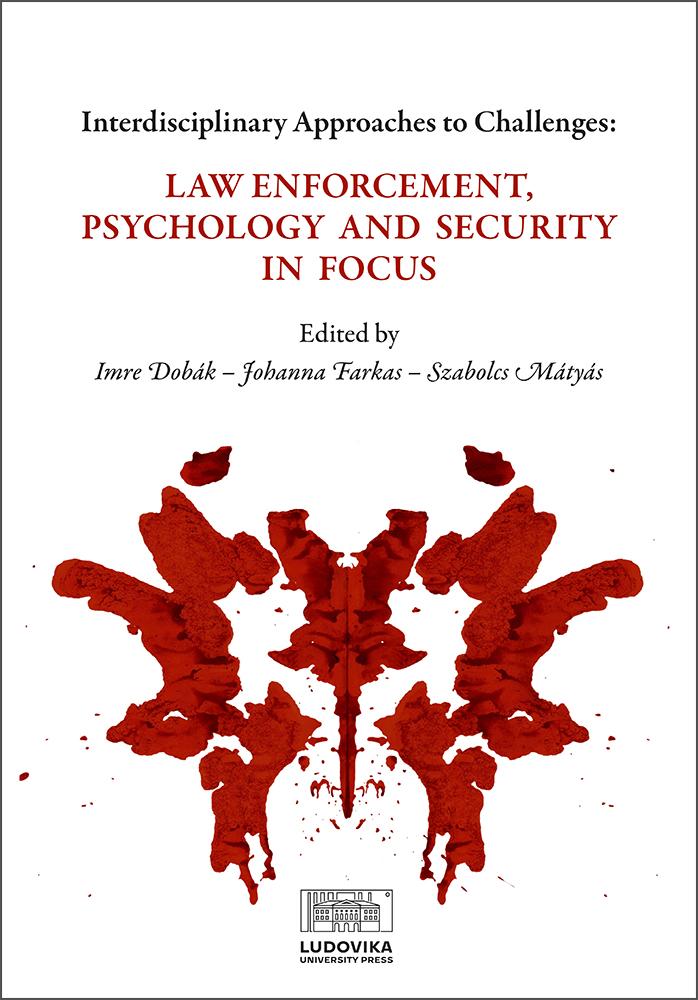Emotion Comprehension and Executive Functions in Children with Attention- Deficit/Hyperactivity Disorder 1
Synopsis
Attention-Deficit/Hyperactivity Disorder (ADHD) was shown to be associated with an increased risk for delinquency and legal problems. Executive dysfunction and emotional dysregulation may be connected to this risk. However, less is known about the relationship between emotion comprehension and executive functioning in children with ADHD. The study aims to assess this relationship. A clinical sample of 133 children was assessed by the Test of Emotion Comprehension (TEC) and the Test of Attentional Performance for Children. Age was positively related to TEC total score, but no gender differences were found. Higher scores in TEC were related to lower variability of performance, and less error in KiTAP Divided Attention and Flexibility tasks. Emotion comprehension skills might be related to cool executive functioning, such as the ability to pay attention to two tasks at once and the ability to shift attention between different objects or levels of focus. Training executive functions in children with ADHD may enhance their emotional competence and may add to a better outcome.
Downloads
Volume
Pages
Published
Categories
License

This work is licensed under a Creative Commons Attribution-NonCommercial-NoDerivatives 4.0 International License.


.svg)
